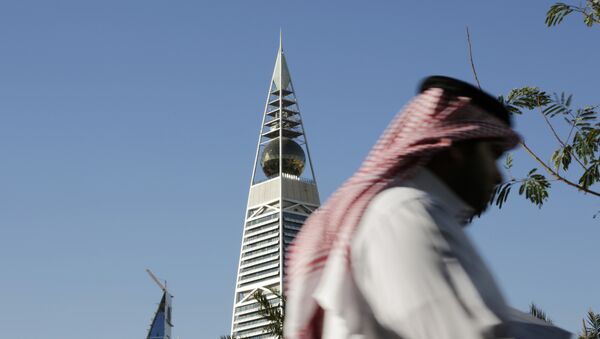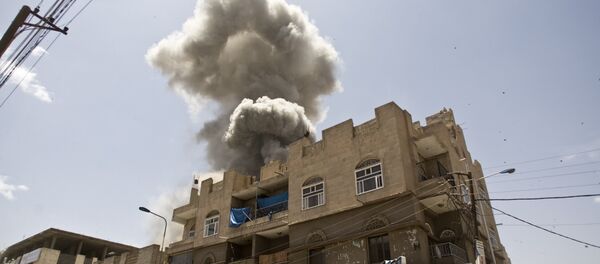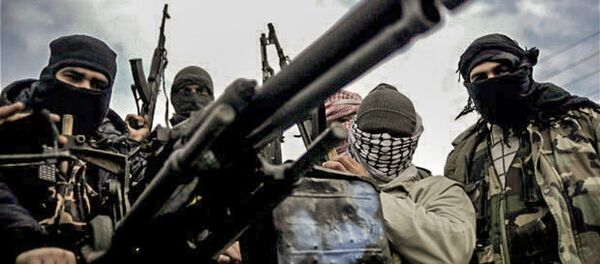Last week, the Saudi government announced the formation of a new anti-terrorist coalition comprised of 34 nations. In addition to Saudi Arabia, the coalition includes Jordan, the United Arab Emirates, Pakistan, Bahrain, Bangladesh, Benin, Turkey, Chad, Togo, Tunisia, Djibouti, Senegal, Sudan, Sierra Leone, Somalia, Gabon, Guinea, the Comoro Islands, Qatar, Cote d'Ivoire, Kuwait, Lebanon, Libya, Maldives, Mali, Malaysia, Egypt, Morocco, Mauritania, Niger, Nigeria, Yemen and the Palestinians.
"There was not an official invitation to Iraq to join the Islamic Coalition," al-Mosawi told Sputnik.
The representative of the Committee on Foreign Relations added that if the coalition was truly representative of the Islamic world, then Iraq, Iran and other Islamic countries would have been invited to participate. Although the governments of Iraq and Syria are the ones fighting Daesh (Islamic State) on their own territories, they weren't invited to join the coalition.
It means that "extremism exists even within this Islamic coalition. Islam doesn't accept this, nor does the civilized world accept this," al-Mosawi added.
The Iraqi foreign relations expert also questioned the presence of some countries in the Saudi-led coalition. Why did the coalition exclude Iraq and other Islamic countries, but included countries that don't even face terrorism, al-Mosawi posed a question.




